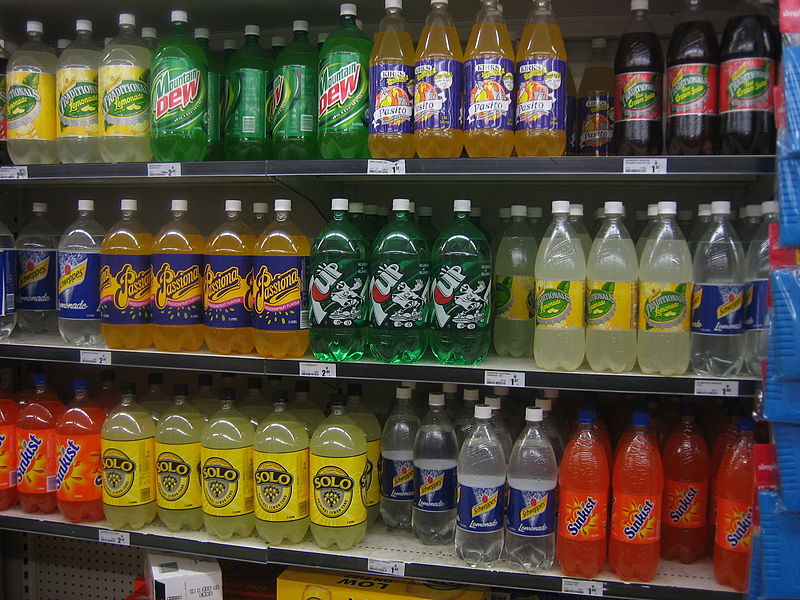Late in 2013, Australia climbed to fourth fattest nation on earth – behind America, Mexico and New Zealand. Right at the top of the list when it comes to the causes of obesity, alongside stationary lifestyle and fatty foods, is soft drink consumption.
Australia is still seen by many people worldwide as a country that is full of sporty people who often indulge in outdoor activities. They have failed to notice a growing crisis within our culture, and that is the problem of obesity.
Soft drinks are classed as any drink that is non-alcoholic sugary drink, such as fruit juice, energy cans or fizzy drinks. Daily consumption of such beverages have been linked to a wide scope of health problems including diabetes, heart disease and have even been linked to certain strains of cancer.
Targeting Children
Australia’s leading health organisations are calling on the government and schools to tackle this problem before it gets any worse. They want an increased tax on all soft drinks and for tighter controls on advertising on kid’s TV. One in four Australian children is either overweight or obese, and many drink these sugar filled beverages on a daily basis.
Soft drinks are one of the unhealthiest item on our shelves today. They are like drinking liquid sugar, and are relentlessly marketed to children during TV advert breaks and online. Many contain empty calories and little to no nutritional value. Coupled with more stationary lifestyle choices, the calories just automatically get turned into fat.
Perhaps that is why children and teenagers make up a huge proportion of Australia’s soft drink problem, with nearly a quarter of admitting to drinking them on a daily basis.
A Leading Cause of Obesity
“Many people would be surprised to know that a regular 600ml soft drink contains about 16 packs of sugar and that’s a lot of empty kilojoules. Yet they’re being consumed at levels that can lead to serious health issues for the population,” said Craig Sinclair, Head of the Public Health Committee at Cancer Council Australia.
Convenience culture, sedentary lifestyle and increasing consumption of junk food are all other key features in the obesity debate. Statistically 63% of Australians are overweight, costing the healthcare system billions of dollars every year.
And it’s not just obesity – research has proven that just one can of soft drink per day can increase your risk of developing type 2 diabetes by nearly 25%.
A research document published in 2011 was slammed by leading health professionals when it claimed that soft drink consumption had been in decline by as much as 10% since 1994. The paper was called “a menace to public health” and is widely discredited.
During 2012, Australians drank one hundred litres of soft drink per person – that’s 1.28billion litres in total. When will it be time for Australians to rethink their love of sugary drinks?
If you want to kick your soft drink addiction for the sake of your health, then join the Curves programme. It is the only complete dedicated solution to obesity and all the problems it entails, available to Australian’s everywhere.
 Online Health Tips Health Blog
Online Health Tips Health Blog
